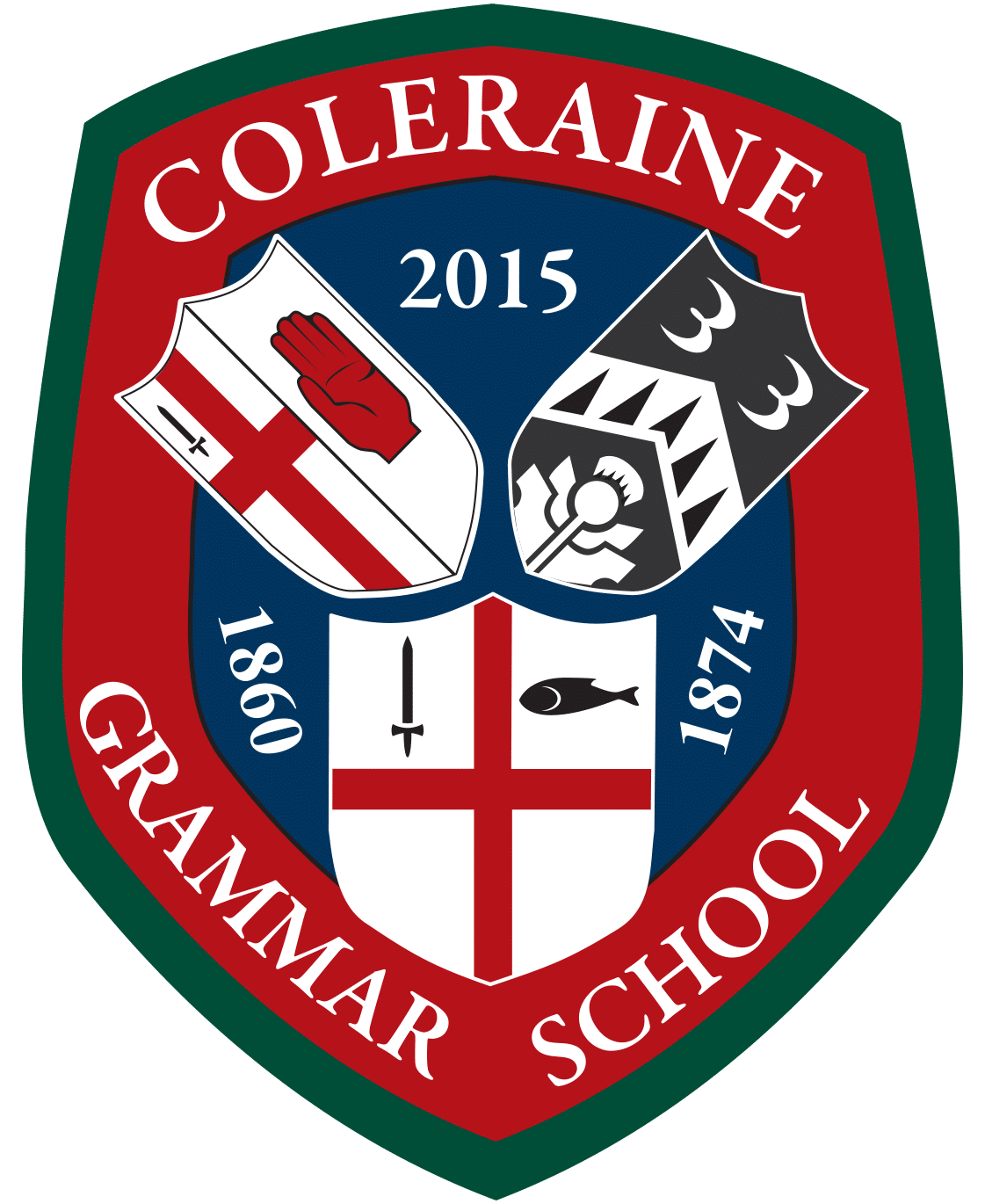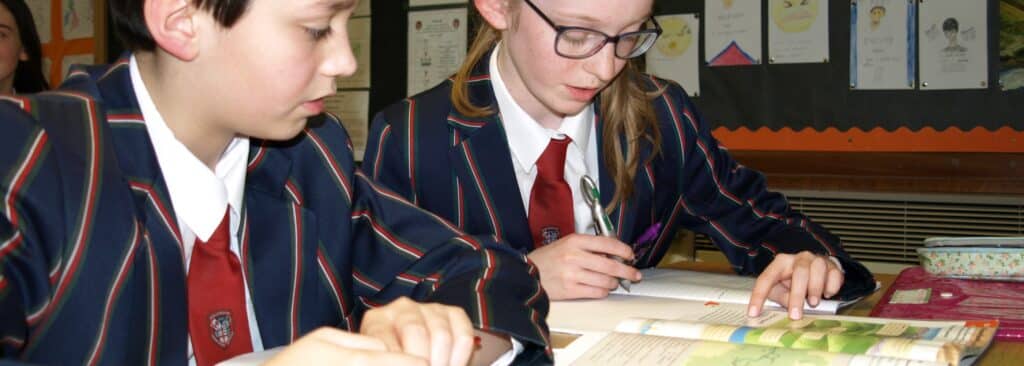This is a CCEA course which builds upon skills developed at GCSE. At AS level there will be both physical and human components of Geography studied.
In AS 1 you will study human interaction in fluvial environments, plant succession, human impact on ecosystems, weather and climate, including global weather issues like El Niño and hurricanes.
In AS 2 you will study aspects of natural population change including the need for fertility policies; planning in rural areas and the challenges posed in urban areas both in MEDCs and LEDCs as well as appreciating how emerging markets have been changing LEDCs more recently.
AS 3 will give you the opportunity to participate in primary data collection relevant to a chosen geographical issue or question. There will be no fieldwork report, but you will utilise the data collected from fieldwork in a written examination. We have investigated changes in a sand dune ecosystem as part of our investigations in the past couple of years. In AS3 you will also use your skills acquired through the study of Geography in part of your examination paper. This may include graphing skills, mapping skill, statistical skills and analysis of data presented in the paper.
Studying Geography to A2 level is very different to the units you have been learning to date. It is a very relevant subject addressing current local and global issues and trying to make sense of the world you live in. You will study 2 out of the 4 options available from A2 1 and A2 2.
A2 1
Plate Tectonics- Theory and Outcomes- trying to understand how and why such events occur and discussing the extent to which they can be predicted.
Dynamic Coastal Environments- how these have been created over time and how the impact of climate change is threatening islands in the world.
A2 2
Planning for Sustainable Settlements- what strategies are planners using to create settlements which are sustainable in terms of social, economic and environmental concerns.
Tourism- how tourism has developed globally over time, the economic, social and environmental impacts of mass tourism, and the drive towards more sustainable and eco-friendly policies.
A2 3
In A2 3 you will have the opportunity to review real life developments in a decision-making exercise. This is an unseen paper, and you will adopt a role and write a report regarding whether a planning issue should proceed or not. Valuable skills are adopted in this work. You will learn how to extract relevant information, manipulate it appropriately and write a detailed report based on evidence. This is an important skill which is valued by many universities and employers.

